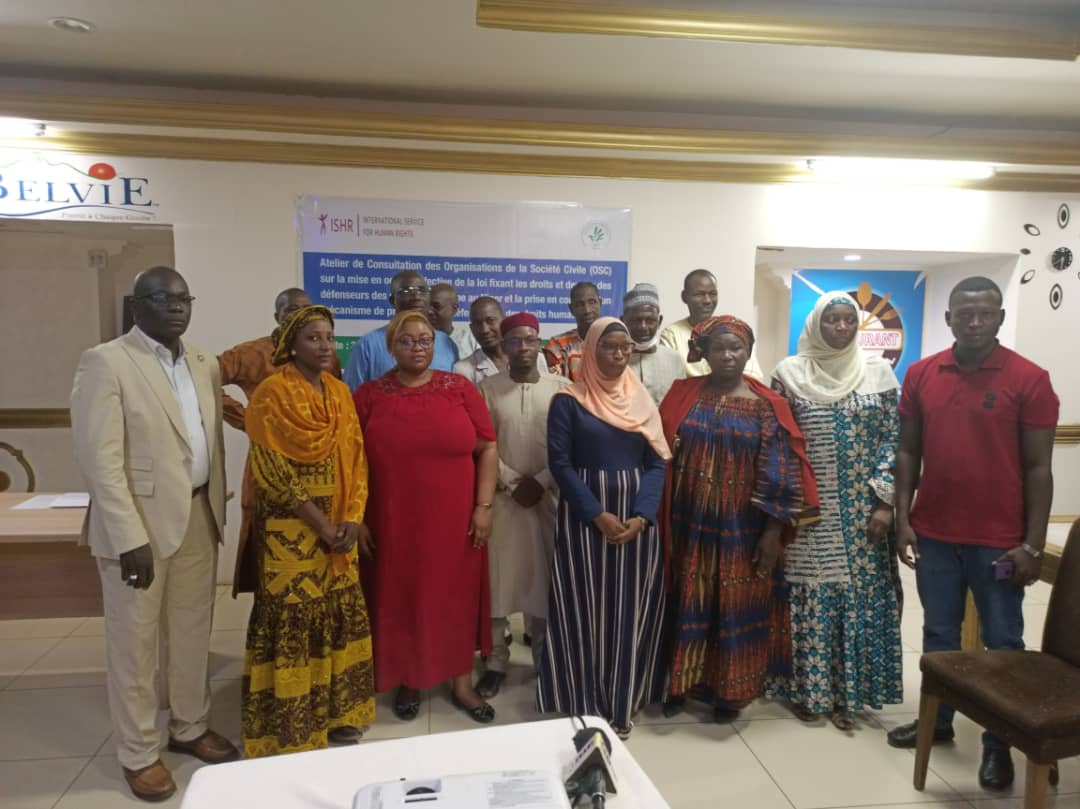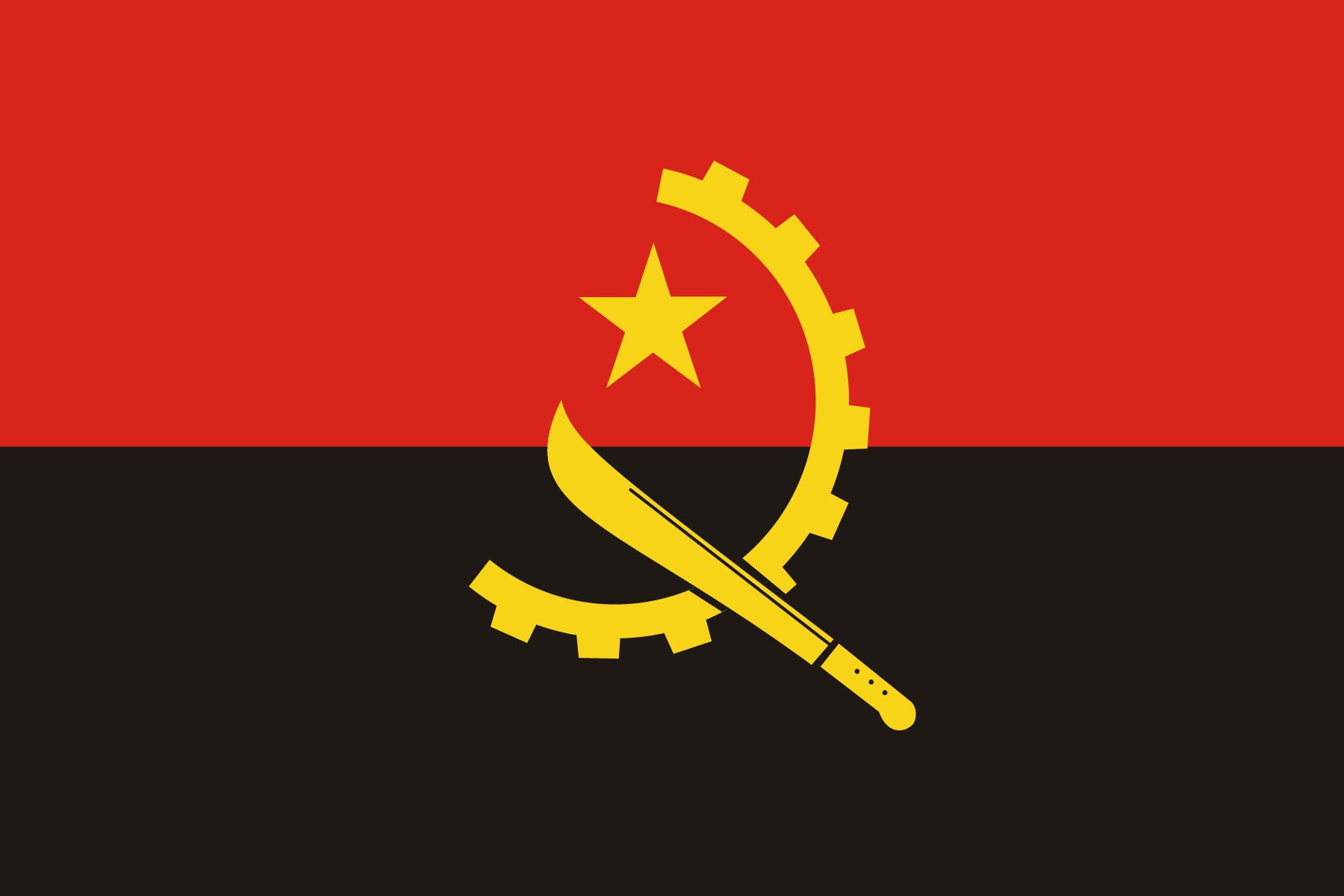In a historic ruling on 28 June the Inter-American Court of Human Rights (IACtHR) found Honduras responsible for violating the rights of Vicky Hernández, a trans woman, sex worker and human rights defender (HRD) murdered in June 28, 2009.
The case, in respect of which ISHR submitted an amicus curiae, was presented to the IACtHR by Red Lésbica Cattrachas and Robert F. Kennedy Human Rights. ISHR’s amicus encouraged the Court to interpret obligations under the American Convention on Human Rights in light of the Yogyakarta Principles and the Yogyakarta Principles +10, which apply international human rights standards to specific issues relating to sexual orientation and gender identity (SOGI).
The amicus also highlighted that Honduran State agents frequently stigmatised, threatened, and persecuted LGBTQI persons and those who defended their rights, as well as the situation of extreme vulnerability to violence by State and non-State actors to which trans HRDs are exposed. These elements were reflected by the Court in its judgement.
A historic decision for the trans community
‘This is a landmark case for Honduras, and the region. It is only the sixth IACtHR case on LGBTQI rights, and the first on violence against trans women. The judgment is particularly important, as the Court identified the context of violence and systemic discrimination experienced by LGBTQI people, the context of human rights violations during the coup d’état of 2009, and that murders as a consequence of these contexts remain in impunity,’ said Nadia Mejía and Astrid Ramos, members of the legal team of Cattrachas.
‘The Court set two important precedents on the rights of trans women. The first, by noting that arbitrarily interfering with a persons’ gender identity may constitute a violation of freedom of expression’ they added. The Court highlighted how violence suffered by Hernández stemmed from intersectional discrimination based on SOGI, her work as an HRD and as a sex worker, and HIV-positive status. It condemned how stereotypes related to SOGI influenced the criminal investigation, concluding that the violation of her rights to life and personal integrity implied a violation of her right to gender identity.
‘Secondly, that the Convention of Belém Do Pará also contemplates gender inequalities suffered by trans women’ continued Mejía and Ramos. The Court reasoned that, since sex and gender are part of the freely constructed identity of each person, trans women suffer from gender-based violence, are protected under the Convention and in cases of violence against them, gender perspective must be applied and the particularities of transphobic violence considered.
Reparations aimed at structural change
Critically, for the first time the IACtHR ordered reparations ‘setting a course of action for all States in the region on how to prevent, investigate and punish crimes motivated by prejudice based on SOGI. Five actions were ordered for victims and LGBTQI people in general, which are fundamental in a country with zero progress in the recognition of the rights of LGBTQI people.’ Ramos and Mejía commented.
Some reparations are particularly important for trans HRDs. Mejía and Ramos concluded by mentioning that: ‘Working in a State that doesn’t recognise their rights, trans HRDs are exposed to stigma, discrimination and violence by State agents and society. Crucially, the judgement: 1) Obligates the State to adopt a procedure for the recognition of gender identity; 2) Reiterates the obligation to investigate violations of trans HRDs’ rights taking into account their double exposure to risk: for their work as HRDs and for their identities, and; 3) Emphasises the importance of following a specific approach when investigating crimes of violence against LGBTQI people.’
Concerns related to backlash against rights relating to gender and sexuality
However, not everything in the judgement was celebrated, ‘While we welcome the Court’s decision and its impact on trans HRDs in the country, it is incredibly concerning that in her dissenting opinion the Court’s President adopted a restrictive construction of gender based on sex in respect of the Convention of Belém Do Pará. This is particularly disappointing given the broad and strong backlash against rights related to gender and sexuality we are seeing globally.’ said ISHR’s Tess McEvoy.



